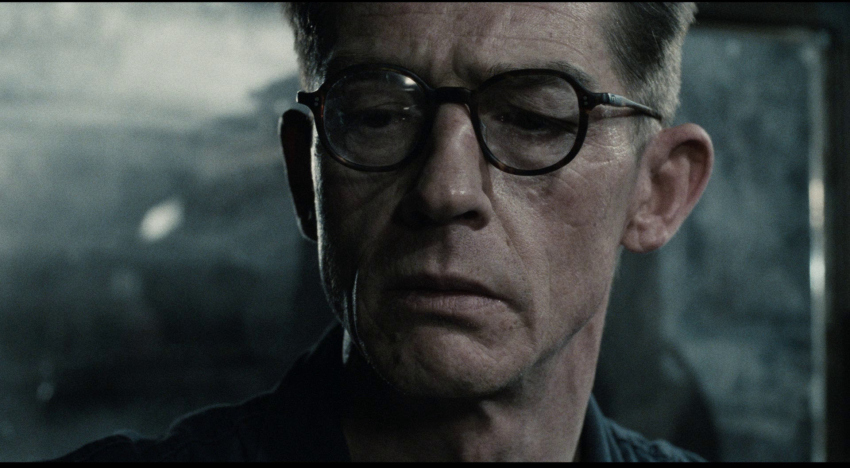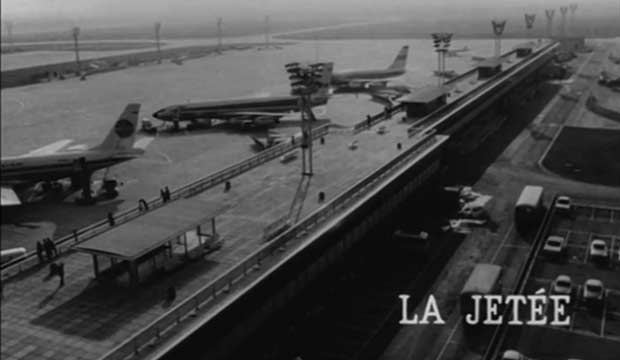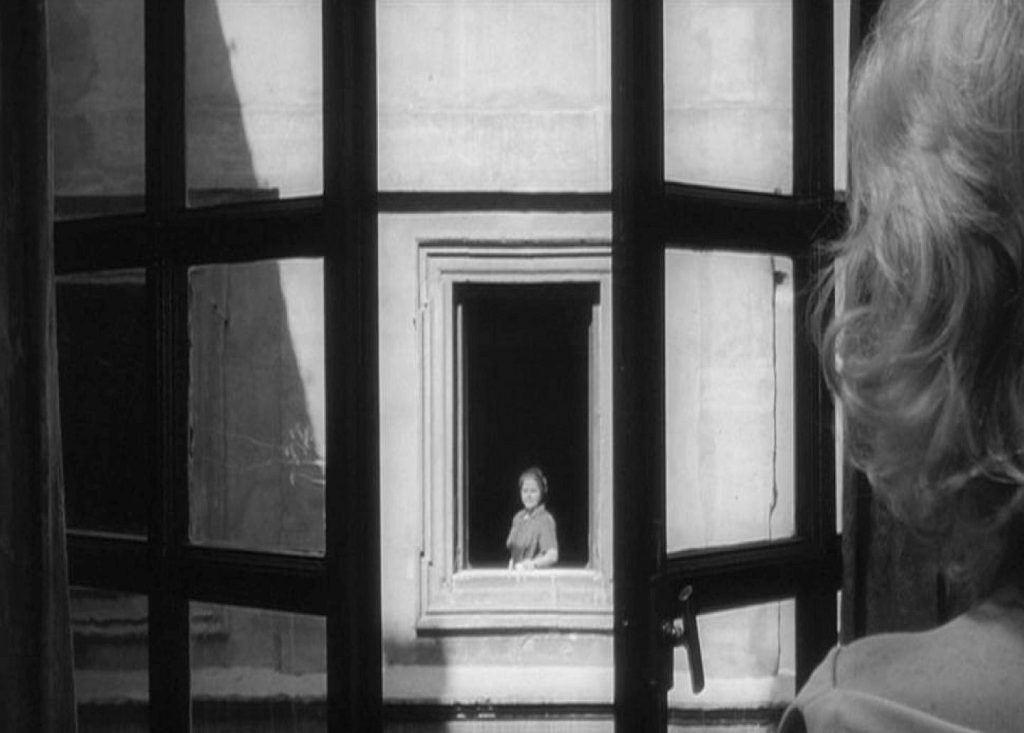Warning: Spoilers Ahead
Nineteen Eighty-Four: A Novel (George Orwell, 1949) has remained in the public consciousness for decades. Given the age in which we live, its prominence in current culture has grown larger, with many of the social and political woes of today often compared to the work by Orwell. This is where the film adaptation, 1984 (Michael Radford, 1984), returns to the spotlight. Even upon its release, the film’s depiction of the book’s dystopian reality drew criticism for not diving enough into the original’s thought-provoking messages. As someone who has not yet read the novel, I hoped my fresh eyes could see positive and redeeming qualities that many past viewers had overlooked. However, after having viewed the film, I did not see a world that served as a dark warning about a party’s control over the populace, but rather a world populated by whittled-down concepts and missed opportunities. As a result, the film’s adaptation of the award-winning cautionary tale presents, from a qualitative perspective, only half of the book’s sharp writings, while the rest feels generally underwhelming.
Continue reading















































